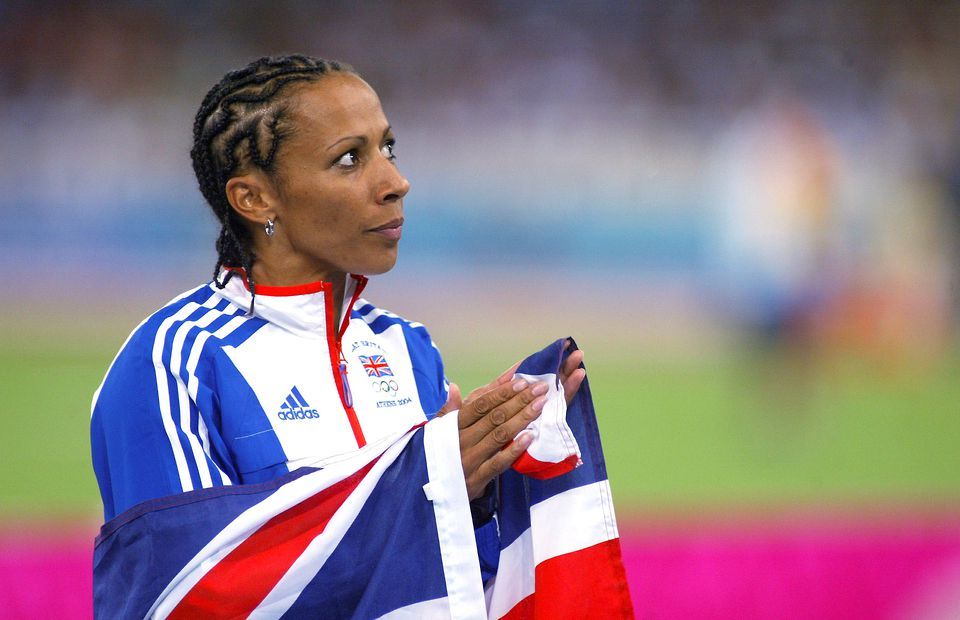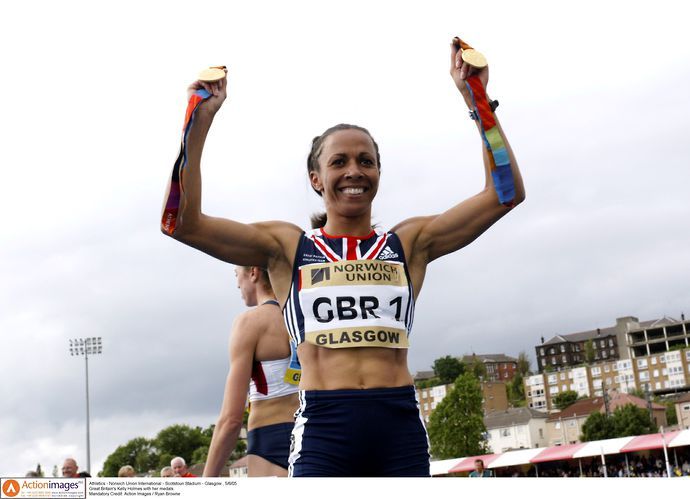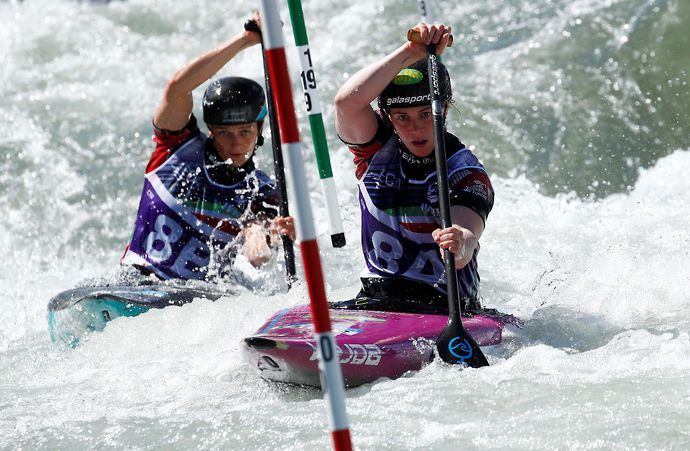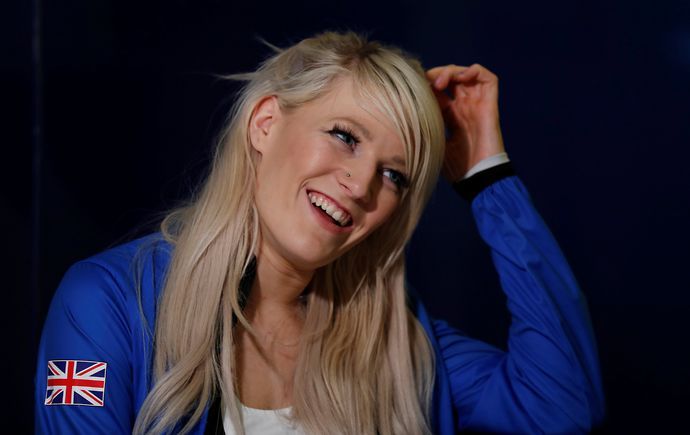This week more than ever, it's important we remember to be patient, kind and empathetic. For Mental Health Awareness Week, GiveMeSport Women looks at some of the most high profile female athletes who have shared stories of their struggles.
Earlier this year, Dame Kelly Holmes gave a raw interview about her experience suffering with poor mental health whilst competing professionally. She had just been diagnosed with iliotibial band friction syndrome (ITBS) in her knee, a year before the 2004 Olympics.
"I went into the toilets and just broke down," Holmes told Judy Murray. "I literally hated everything about myself because my body was always letting me down. I just tried so hard to keep it going.
"I saw a pair of scissors on the side. I picked them up ended up cutting myself for every day I'd been injured and that had been quite a few days."
Self-harm is often still viewed as a taboo subject in today's society. Extreme symptoms of mental health issues carry very damaging stigmas with them, which in turn damages people who are suffering even more. For a high profile athlete like Holmes to talk so openly about her personal experiences sets a huge precedent that it is okay to voice your struggles.
"Mental health is a thing that you don't think about. It just impacts your life like nothing," Holmes said. "I was at the depths of despair but I didn't know who to talk to. On one side of me, I was dying and on the other side, I was living for my dream to be Olympic champion."
The two-time Olympic gold medallist is an embodiment of positive change. Holmes continued to compete at the highest level despite feeling the crippling effects of mental illness. Similarly, fellow Team GB representative Kimberly Woods overcame a long period of bullying and self-harm to reach her Olympic dream.
The 24-year-old canoeist will fly the flag for Britain at this year's Games, after qualifying for her first ever Olympics. Woods already boasts 11 European medals – eight of which are gold – despite experiencing a tough childhood as a budding athlete.
"Looking back you can probably track it to my childhood and being bullied, which led to low self-esteem and down the road depression and self-harming," she told BBC Sport. "I was muscular because of sport and people would say horrible things because I had a six-pack and big shoulders."
Bullying is the root cause of a lot of mental health cases and is a problem many children and young adults can relate to. A 2019 report revealed that a fifth of children in the UK had been bullied across the calendar year. Out of those who were subject to bullying, 33 percent admitted it had left them experiencing suicidal thoughts, with 41 percent developing feelings of anxiety.
These cases were mainly experiences of verbal bullying, but abuse received online is now an almost ever-present leech in women's sport. Football in particular has suffered a great deal from online trolls and cyberbullying – resulting in all English clubs and organisations partaking in a four-day social media boycott to take a stand against discrimination.
Back in 2014, Olympic speed skater Elise Christie was subject to horrific online abuse, including death threats, after crashes and disqualifications at the Sochi Games. The abhorrent messages pushed her to resort to self-harm in order to cope – the death threats had gotten so bad that she became too afraid to leave the house.
After suffering for so long, Christie shifted her focus to PyeongChang in 2018 where she reached the final of the 500m and semi-final of the 1500m skating events.
"It took for me to get really bad to change things around. I never wanted that, and I don't want that for other people," the 30-year-old said last year. "I did it [self-harmed] and then I remember 30 seconds or a minute later, just thinking that I didn't want to die and waking up thinking, 'what the heck?'
"I just want to stop as many people as possible getting to that point, because I think there's a very big difference between being suicidal and being a self-harmer."
Crystal Palace star Leigh Nicol was subject to abuse back in 2019, when her private content was leaked online. Ever since, she has received daily harassment which has taken a huge toll on her mental wellbeing.
In a recent interview with Sky News, Nicol asked: "It's every single day and how can you move on when you receive that every day and it takes you back to the darkest moments of your life?"
Recent YouGov research revealed that half of the population has seen abuse take place on social media over the past year, with more than one in ten – over five million people – admitting that they had received online abuse themselves. The social media blackout aimed to squash homophobic and racial discrimination online, in a fight to make football a fairer place for all involved.






















